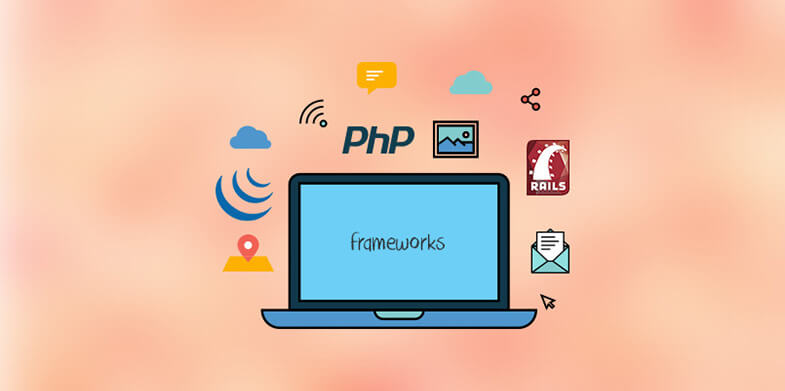
Every web developer needs a web framework that supports his development of web applications. Different web frameworks have different web services to offer, different web resources as well as different web APIs. If you would like to make it easier to develop your websites, you will have to make the right choice of a web framework. Choosing the best web framework is always a challenge for many web developers, which is why there are certain criterias that one can use in order to evaluate these frameworks and choose one that is fit for his type of web projects:
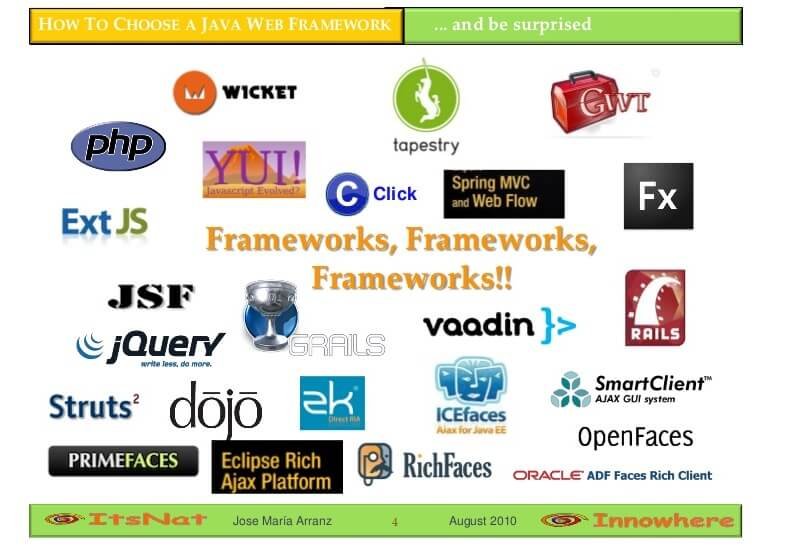
1. The kind of business you are designing for

Even before you start designing, it is important to think about the results of your design, and the needs of the business you are designing the app for. Basically, you need to ask yourself how it will affect the business that you are designing it for. Always keep in mind the way the business will use the app when you are creating it, especially so that you can choose a web framework that will give you a design that will meet the goals and objectives of that business. In fact, this is the most important consideration to make, as the website will need to be able to serve the business for a long time.
2. Its technicality

It is always advisable to choose a web framework that is easy to maintain, as well as one that you can easily replicate a process with, as this will save you a lot of time. Different types of web frameworks have their own technicalities. You have to choose one that will be easy to work with regardless of the project, as this will make your work easier. Ensure that you chose one that will allow your code to evolve as your application evolves so that you can get the results that you desire.
3. Your target audience
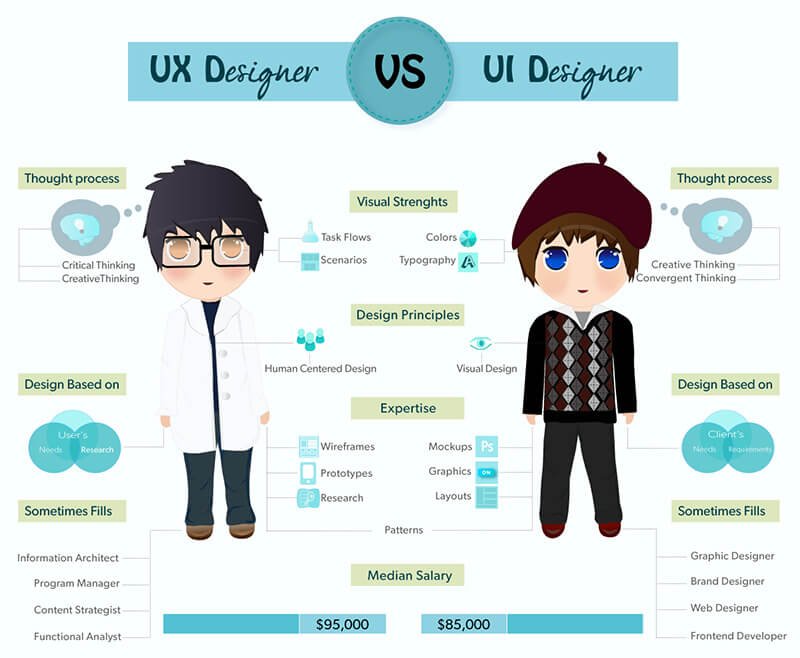
What experience would you like to give your users with the design that you will come up with? This is another major consideration because a web developer creates applications and websites for users. Therefore, the kind of user experience you would like to achieve will determine the web framework you will choose. Is it a framework that will give you user friendly websites or one that will give you a complex design that will baffle your users? You also need a framework that will allow you to create cross-platform designs, as not all users utilize the same devices to access the internet.
4. The kind of documentation it comes with

It is very important that you choose a web framework that has clear and thorough documentation. The last thing you need is to deal with unclear, confusing documentation that has gaps that make it hard to understand. This might slow you down and make it hard to design a great app in the end.
5. Its core

You have to closely examine what your chosen web framework will provide, so that you can pick a framework that offers only what you are looking for. Some frameworks may not have exactly what you need, while others may provide more than what you need, which will be considered useless in the end. Therefore, it is important to choose a framework that has exactly what you need for your web development process. Go through every frameworks’ core in order to pick a framework that suits you.
6. Website testing
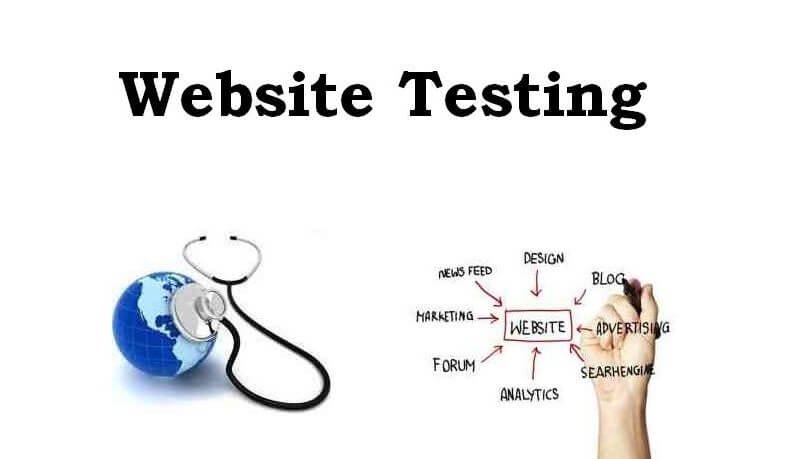
Choose a web framework that comes with the kind of testing you want, as this will make it easier to test your websites before they are launched. This way, you will be able to rectify any mistakes that aremade to ensure that the launch is a success. If you are getting started, go for a web framework with testing so that you can create a culture of testing in your business.
7. Software licensing
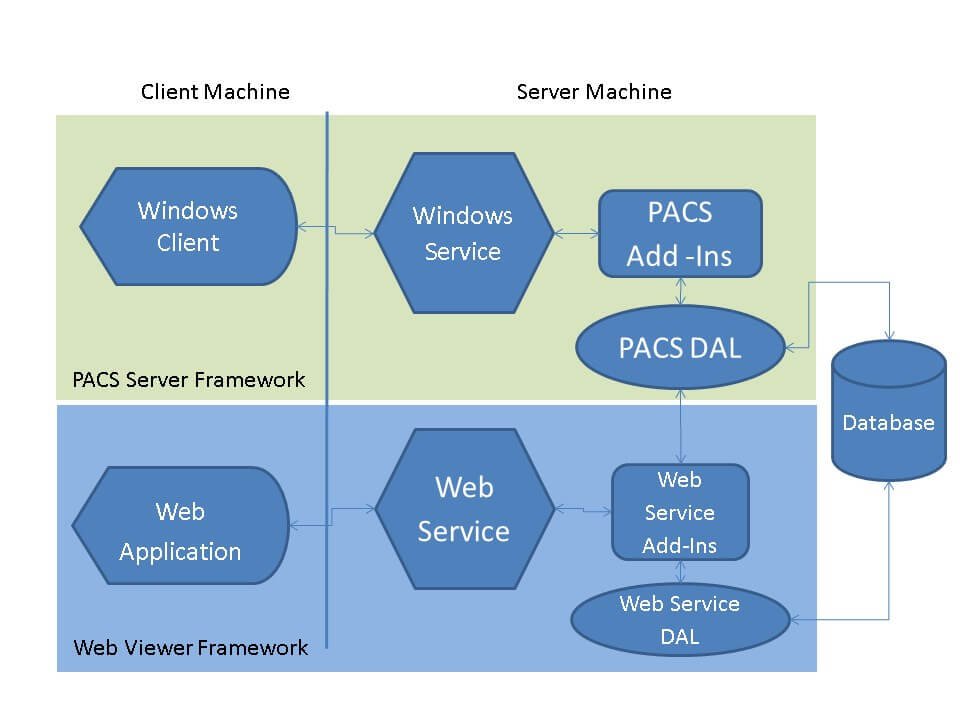
This is something that many web designers overlook, but it is a very important consideration. If you are picking out a web framework to use in your website development, you have to be sure that your business will be able to pay for the necessary licenses, and that it will be able to abide by their rules and regulations. Go through each framework’s requirements and choose a framework that will be affordable for your business, and one whose licensing requirements are not too strict for your business.
8. Extensions and plug-ins
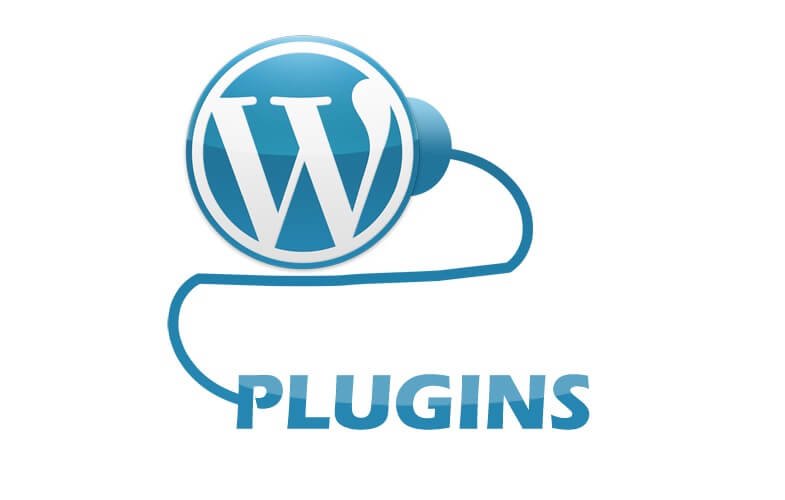
This is a vital consideration to make when choosing a web framework to work with. Does it provide extensions, and if it does, how many does it come with? You must also weigh the difficulty of working with extensions verses plug-ins.
9. How it abstracts your data

It is important to determine how your chosen web framework will abstract your data so that you can save time during web development. If possible, go for a framework that will provide you with ORM that will help you create data concepts which are easier to work with. This one way you will be able to develop websites faster.
10. Its security and speed

This is an equally important consideration to make when choosing a web framework. There are many security issues that affect web development these days, which is why it is crucial that you choose a web framework where security is guaranteed. Check out its past maintenance record and how easy and accessible these things have been to previous users. If there are vulnerabilities, how does the framework react to it? Consider the speed of use as well, as this will determine whether you can complete your projects on time with no delays.
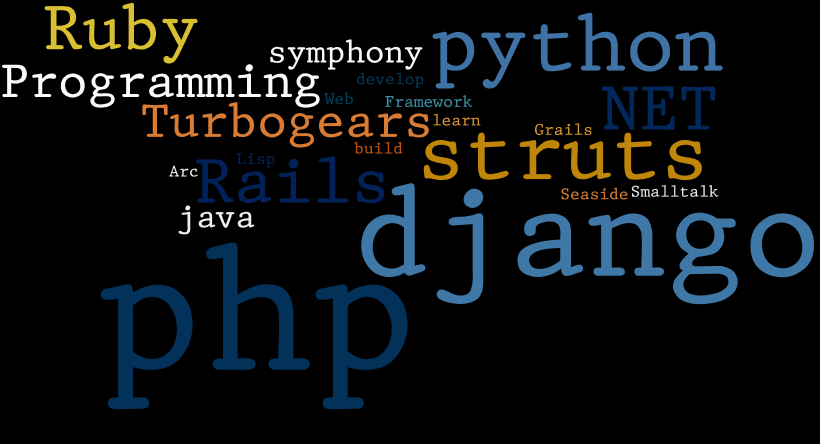
The right web framework will come with all the benefits you would like to enjoy as you design your website. Therefore, it is important to ensure that you make the right choice. These considerations, and many more, will guide you on the right web development framework that you need for the kind of websites and apps you want to design.